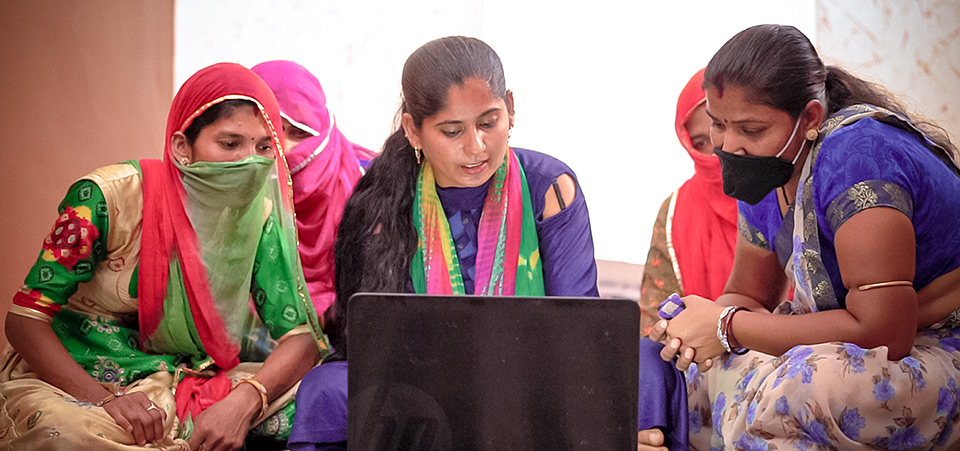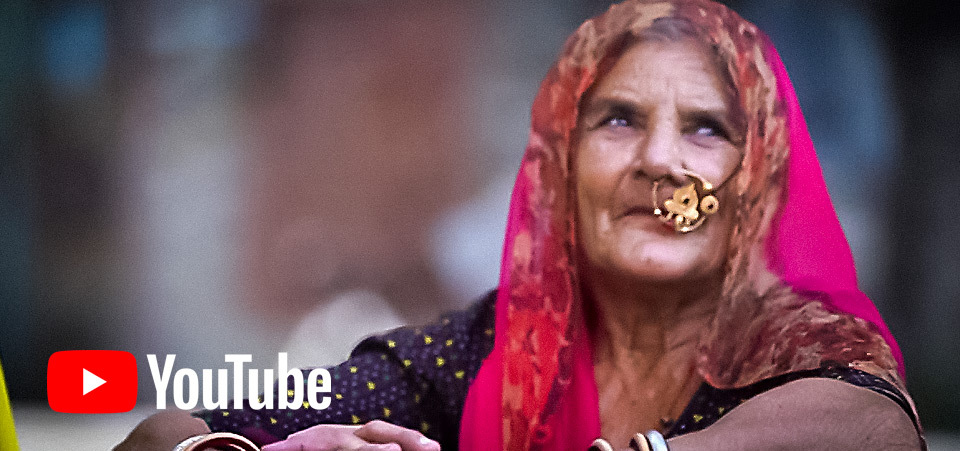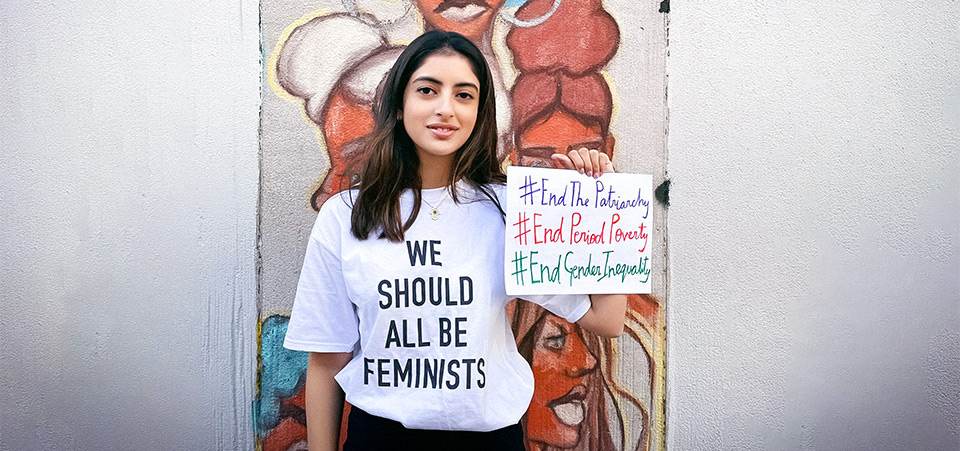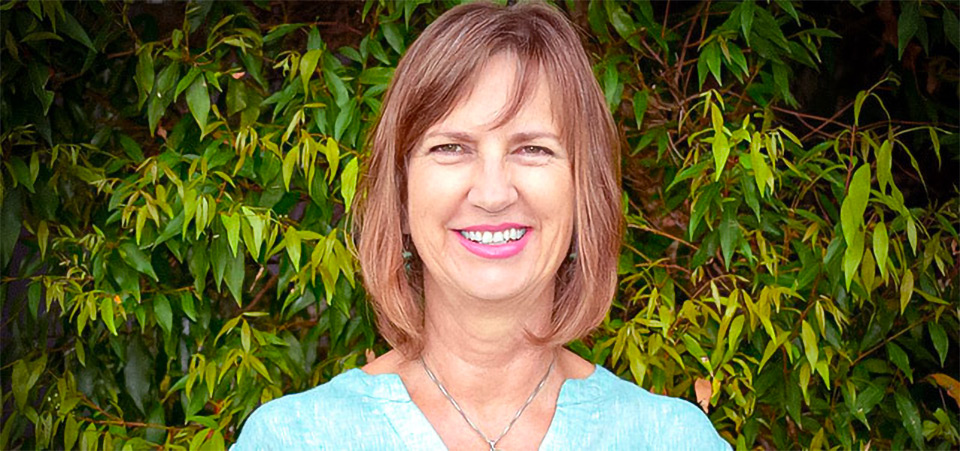Skilling our women and youth for inclusive and green recovery from COVID-19


Quotes | Stories of changes | Social media
On Thursday, 15 July, World Youth Skills Day, UN Women India will join United Nations partners and youth and other organizations in celebrating the resilience and creativity of young people under the global theme, Reimagining Youth Skills Post-Pandemic.
In half the world’s countries, the COVID-19 crisis closed down schools, fully or partially, for more than 30 weeks between March 2020 and May 2021. Globally, youth employment fell by 8.7 per cent in 2020, compared with 3.7 per cent for adults, and young women fared worse than young men. The pandemic has worsened the already-severe gender inequality in labour in India. Women held only about 10 per cent of all jobs but accounted for 23 per cent of the loss of jobs as of the quarter of March 2021, a year after COVID-19 first hit the country, according to a report by the Centre for Monitoring Indian Economy.
What’s more, the COVID-19 crisis is unfolding amid a global climate emergency.
At the heart of all economies lies a skilled workforce. We need to increase investment in education and in training, reskilling and upskilling workers, especially those at risk of being left behind – women and youths from marginalized communities – if we are to build inclusive, green and just economies.On 15 July, UN Women -- together with the United Nations Development Programme, International Labour Organization, United Nations Industrial Development Organization, the UN Country Team in India and partners from the public and private sectors -- is organizing an online discussion on Skilling for Inclusive and Green Recovery. Industry leaders will discuss the skills needed for a green recovery and an environmentally sustainable economy, as well as the opportunities for putting women at the heart of this transition.
Join the event online at: https://undp.zoom.us/webinar/register/WN_pXtSBhBMQGqvm_9yHucp9g
Live streaming will be available at: https://www.facebook.com/UNDPinIndia/live_videos
From our speakers
“
In the same way that a green recovery from COVID is increasingly viewed as necessary alongside livelihoods creation with big economic multipliers, it is time we realize that a gender-responsive recovery is equally important. To ensure that women reap the benefits of the green economy means increasing investment in their quality education as girls. This is the first step to ensure that girls will develop the breadth of skills — including green skills — necessary to participate in the green economy. An inclusive green economy also aligns with Sustainable Development Goal 5, to reach gender equality.”
— Susan Ferguson, UN Women Representative in India
“
Conventional gender patterns (and norms) would most likely obstruct equal opportunities and access to skills, finances, know-how and technology. Green growth must be designed to be gender-friendly; it will not happen automatically. It is important that women take the lead in shaping and propelling a gender-responsive green growth.”
— Svati Bhogle, President, Clean Energy Access Network
“
Women play a critical role in natural resources management and within their households and are therefore ideally equipped to understand the complexities of a green economy. For women to feel empowered, have greater agency, and function as contributing members of a more equitable society, they need support in entrepreneurship, digital literacy and soft skills, among others. The Second Chance Education programme aims to address this gap through training and skilling, and creates pathways to employment and income.”
— Madan Padaki, Managing Trustee and a co-founder, Head Held High Foundation
Stories of change
Period poverty is about access
Navya Naveli Nanda explains that period poverty is about access, education and opportunities for girls and women.
![[stock photo] Photo: United Nations/Chetan Soni](/sites/default/files/Field%20Office%20ESEAsia/Images/2021/07/in-8410939044_b56e34a645_o-2x-960px.jpg?h=451&w=960)
The gender technology gap has to end
Mohammad Naciri, UN Women Regional Director, and Atsuko Okuda, International Telecommunication Union’s Regional Director for Asia and the Pacific, call for a feminist approach to technology to solve the social impacts of the South Asian COVID-19 crisis.
Investing in the lives and livelihoods of India’s women is crucial to the nation’s full recovery
In her Expert’s Take, Susan Ferguson, UN Women Representative in India, outlines the importance of education, skills and training for women to build back better from the COVID-19 crisis.
Social media
Join us with Ministry of Skill Development and Entrepreneurship, UN Women India, International Labour Organization,...
Posted by UNDP in India on Tuesday, July 13, 2021
- For more information on UN Women’s response to the COVID-19 crisis in India, please visit: Gender equality matters in COVID-19 response


